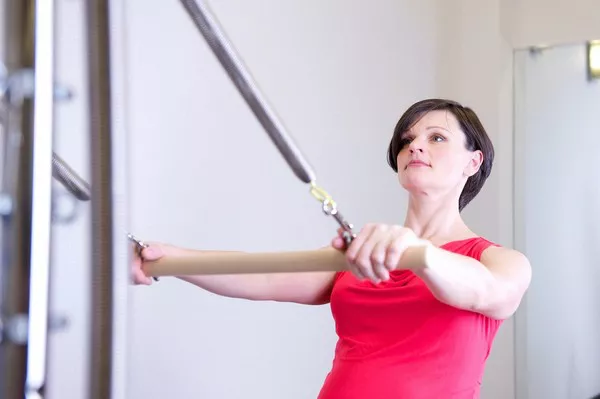Breastfeeding is a beautiful and natural way to nourish your baby, providing numerous benefits for both mother and child. Not only does breastfeeding offer essential nutrients and immunity-boosting properties, but it also helps establish a strong bond between mother and baby. But did you know that breastfeeding can also impact a mother’s calorie expenditure? In this quick guide, we will explore how many calories breastfeeding moms burn and its implications for weight loss.
The Caloric Boost of Breastfeeding
Breastfeeding requires energy, as it involves producing breast milk and sustaining the nutritional needs of your little one. This energy expenditure leads to an increased caloric demand in breastfeeding mothers compared to non-breastfeeding women. Your body utilizes calories to generate breast milk, and this process can burn anywhere from 300 to 500 extra calories per day.
The Science Behind the Caloric Burn
To understand the caloric burn associated with breastfeeding, it’s important to delve into the physiology behind milk production. The process of lactogenesis, which refers to the production and secretion of breast milk, requires energy in the form of calories. Prolactin, a hormone responsible for milk production, stimulates the mammary glands to produce milk. The synthesis and release of breast milk involve various metabolic processes that consume energy, leading to increased caloric expenditure.
According to research conducted by the American College of Obstetricians and Gynecologists (ACOG), the average daily energy expenditure for lactating women ranges from 450 to 700 calories. However, individual variations and factors like age, weight, activity level, and the frequency and intensity of breastfeeding sessions can influence the exact number of calories burned by each nursing mother.
Weight Loss and Breastfeeding
Many new mothers look forward to shedding the extra pregnancy weight after giving birth. The good news is that breastfeeding can aid in this process. The additional calorie burn associated with breastfeeding, combined with a healthy diet and regular physical activity, can contribute to postpartum weight loss.
It’s important to note that weight loss during breastfeeding should be approached with caution. Rapid weight loss or extreme caloric restriction may negatively impact milk production and the overall health of both the mother and baby. A gradual and sustainable approach to weight loss is recommended, ensuring that the caloric intake is adequate for maintaining milk supply while promoting gradual weight reduction.
Balancing Caloric Intake and Expenditure
While breastfeeding does provide an extra caloric burn, it’s crucial to nourish your body adequately to support both you and your baby’s nutritional needs. Consuming a well-balanced and nutrient-rich diet is key. Focus on incorporating whole grains, lean proteins, fruits, vegetables, and healthy fats into your meals. Include foods that are high in calcium, iron, omega-3 fatty acids, and vitamins D and B12 to meet the increased nutritional requirements during lactation.
Consulting with a registered dietitian can be beneficial, as they can help create a personalized meal plan that caters to your specific needs as a breastfeeding mother. They can also guide you on appropriate portion sizes and ensure that you’re getting enough calories without overdoing it.
The Role of Exercise
In addition to a healthy diet, incorporating regular exercise into your routine can further support weight loss efforts while breastfeeding. Engaging in moderate-intensity aerobic activities like brisk walking, swimming, or cycling can help burn extra calories and improve overall fitness. Start slowly and gradually increase the duration and intensity of your workouts, taking into consideration your postpartum recovery and any guidance provided by your healthcare provider.
Remember, it’s essential to listen to your body and prioritize rest and self-care during this demanding phase of motherhood. Overexertion can negatively impact your milk supply and overall well-being.
Conclusion
Breastfeeding not only provides exceptional benefits for both mother and baby but also contributes to increased caloric expenditure for the nursing mother. The exact number of calories burned during breastfeeding varies from person to person, but on average, breastfeeding moms can expect an additional 300 to 500 calories burned per day. This increased energy demand can aid in postpartum weight loss, provided that a balanced diet and appropriate exercise are incorporated.
Remember to approach weight loss during breastfeeding with care, focusing on gradual and sustainable changes. Prioritize nourishing your body adequately to support both your well-being and the nutritional needs of your baby. Consult with healthcare professionals, such as lactation consultants and registered dietitians, to receive personalized guidance and support throughout your breastfeeding journey. Embrace this precious bond with your little one while taking steps towards a healthy lifestyle for both of you.
Related topics:


